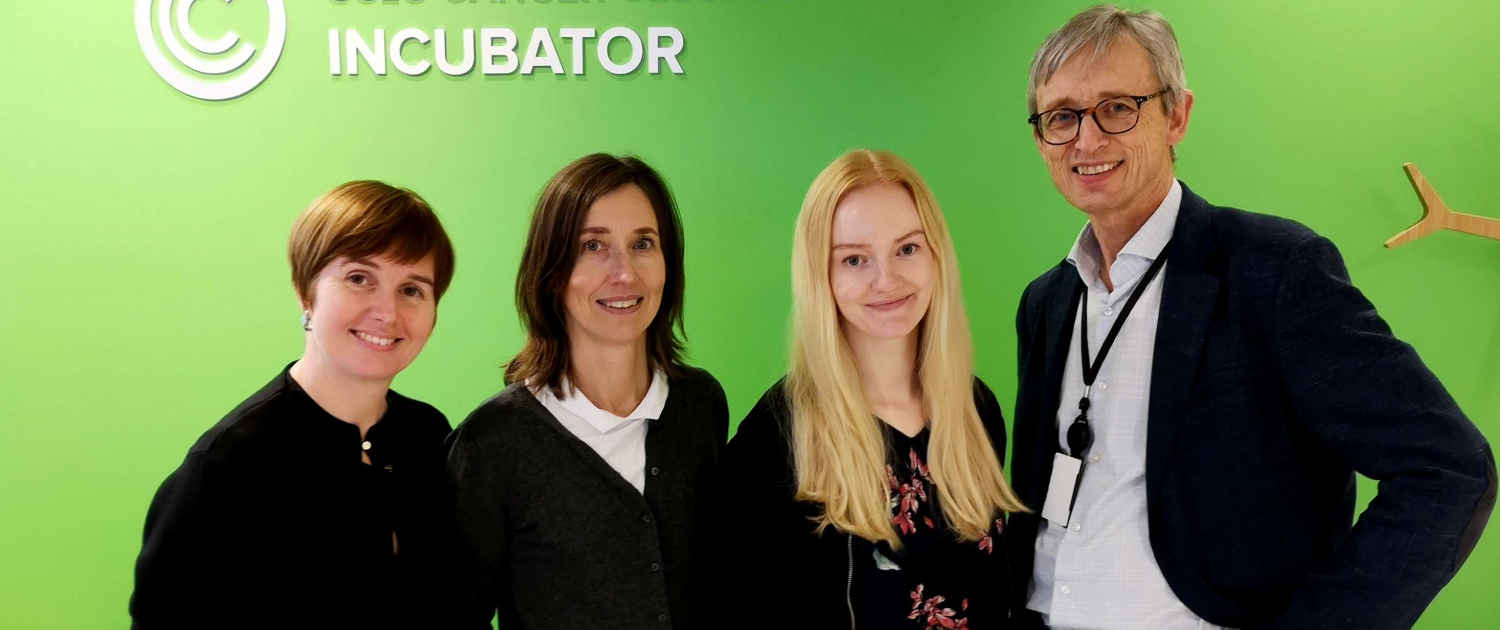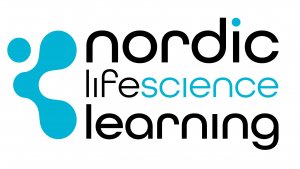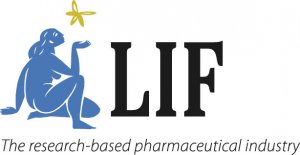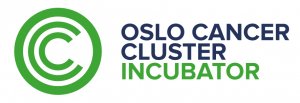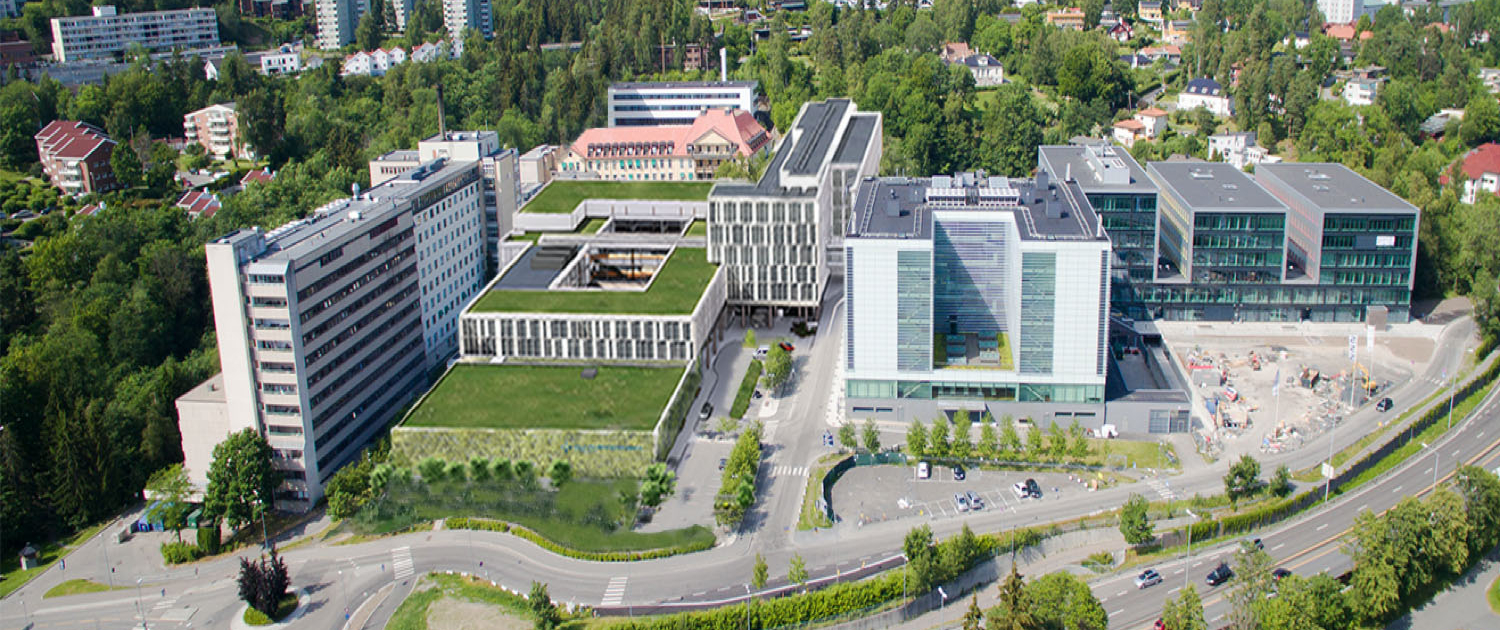Research talents learned about immunotherapy
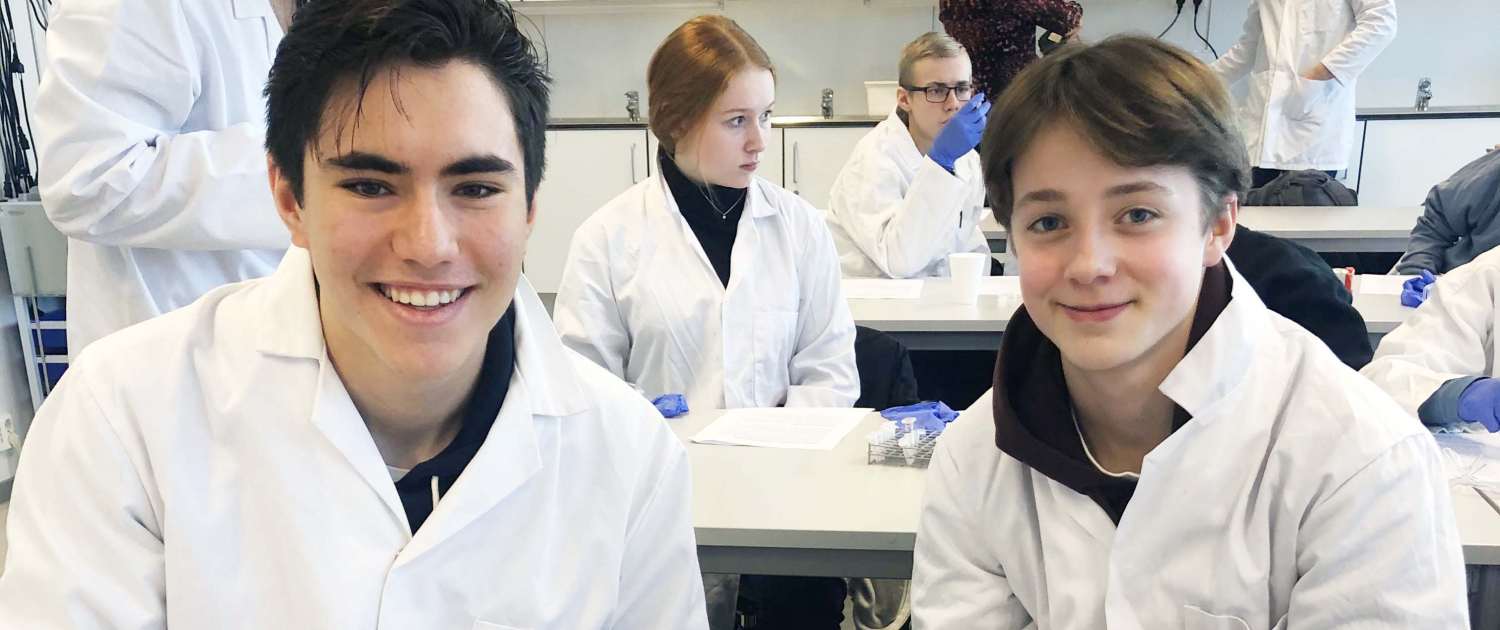
This article was first published in Norwegian on our School Collaboration website.
A group of talented science students from Oslo and Akershus spent two days learning about immunotherapy from former cancer researchers, who are now teachers at Ullern Upper Secondary School and researchers at Thermo Fisher Scientific.
In February, 25 students from 19 different schools in Oslo, which are a part of “Talentsenteret for realfag” (Talent Centre for the Natural Sciences), arrived together to Oslo Cancer Cluster Innovation Park and Ullern Upper Secondary School.
The students were there to participate in a specially tailored two-day programme about medical research and the use of immunotherapy to treat cancer.
The days were spent partly in a classroom to learn about the theory of the immune system and partly in a laboratory to learn how to isolate a type of cells in the immune system called T cells. The method the students learned about is used in modern cell therapies against cancer, which are called CAR T therapies.
Gustav Vik from Kjellervolla School and Martin Dimov from Mailand School are enjoying the gatherings arranged by Talentsenteret for realfag: “This is very interesting because we are learning things that are not part of the ordinary school syllabus and we like to learn about current topics.”
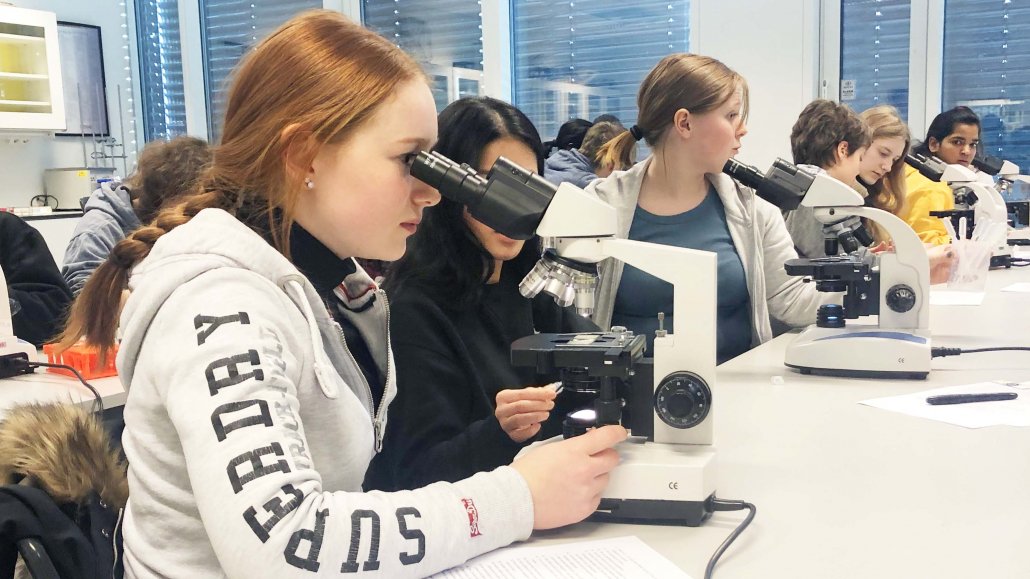
Kaja Flote from Hellerasten School is looking in the microscope to find T cells. She thinks it is exciting to learn more about the complexity of the immune system and how it can be changed to combat cancer. Photo: Bente Prestegård.
The next day, the students visited the production facilities of Thermo Fisher Scientific Norway, located in Lillestrøm. This is where the company makes Dynabeads (also known as “Ugelstadkulene” in Norwegian) to be used in five billion diagnostic tests every year and in CAR T therapies against cancer.
The Norwegian TV channel TV2 has produced this news segment about Emily Whitehead (link in Norwegian), the first child in the world who received CAR T therapy to treat her cancer, which was deemed incurable. The segment was recorded in 2019, when Emily and her family visited the Norwegian employees at Thermo Fisher Scientific in Oslo. Emily is today 13 years old and has been cancer-free for over eight years.
You can read more about the students’ experience at Thermo Fisher Scientific in this article from 2017, when another group of students from Ullern Upper Secondary School visited the same production facilities.
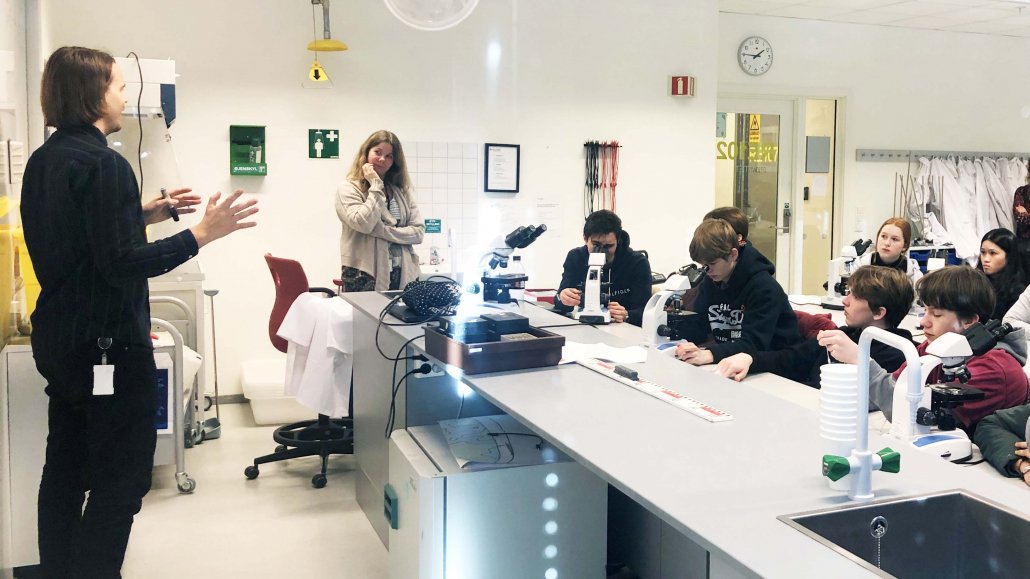
The researcher Morten Luhr from Thermo Fisher Scientific tells the students about Dynabeads (also known as “Ugelstadkulene”), CAR T therapy, immunotherapy, and cancer. He has prepared T cell solutions that the students will look at in the microscope. Photo: Bente Prestegård.
The background to the collaboration
“Talentsenteret i realfag” is a customised educational option for students who are especially strong academically. It is for those students who find that the standard school curriculum does not challenge them enough. Just like the school adapts the teaching for students who need extra help in subjects, they adapt the teaching for students who already know a lot and want to learn even more. This is a group of students with a high degree of motivation and a hunger for knowledge that is extraordinary.
The centre employs experts in different subjects to give the students the academic challenges they need. That is why this two-day programme in medicine and immunotherapy was held in February.
The programme was developed by employees from Thermo Fisher Scientific and two teachers from Ullern Upper Secondary School. Fet and Flydal Jenstad both have backgrounds as cancer researchers at the Institute for Cancer Research and the Institute of Cancer Genetics and Informatics respectively. Fet and Flydal Jenstad share the responsibility for the new researcher programme at Ullern Upper Secondary School. Read more about the researcher programme here (link in Norwegian).
Oslo Cancer Cluster and Ullern Upper Secondary School have a school collaboration project since 2009. The goal is to contribute to educating the researchers and entrepreneurs of the future.
Thermo Fisher Scientific is a global biotech company with strong Norwegian roots through the acquisition of the Norwegian biotech Dynal. Thermo Fisher Scientific is one of the members of Oslo Cancer Cluster and actively participates in the school collaboration between Oslo Cancer Cluster and Ullern Upper Secondary School.
Read articles about the other school collaborations Thermo Fisher Scientific have participated in:


